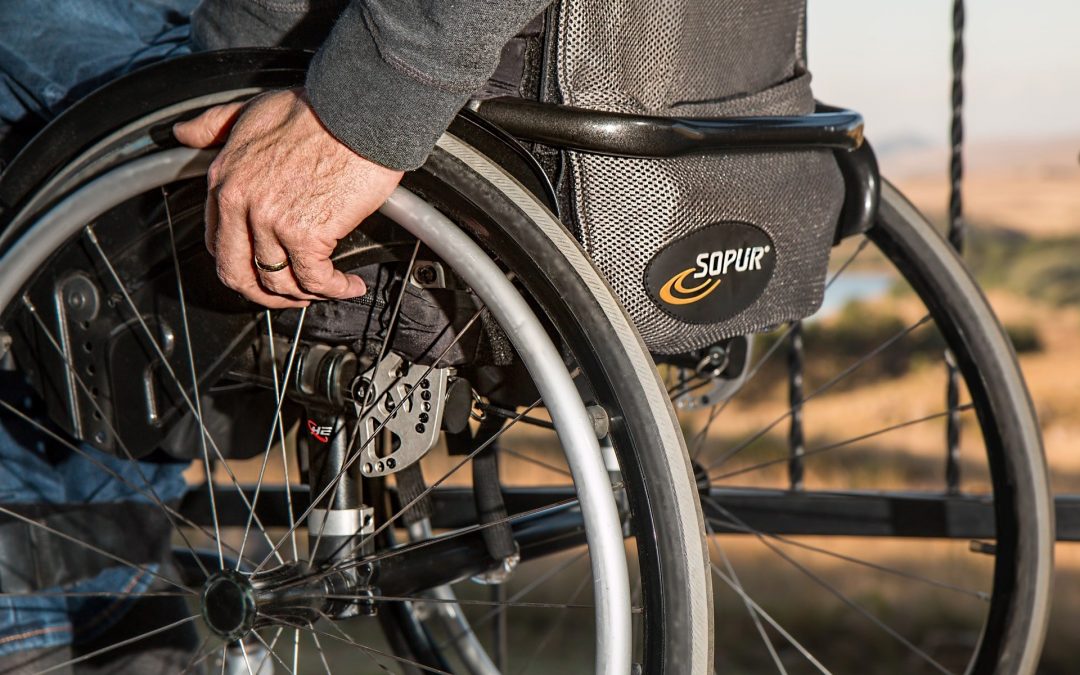Suffering a personal injury can cause significant difficulties, no matter how severe the injury. Any harm to your physical, emotional, or mental state is a personal injury. In legal terms, a ‘personal injury’ means that the injury occurred due to someone else’s negligent action. Examples include injuries from car accidents, motorcycle accidents, truck or commercial vehicle accidents, dog bites, and slip and fall incidents.
In the case of a catastrophic injury, the victim’s life may be forever changed. There is no agreed upon ‘legal definition’ of what kind of injury is ‘catastrophic,’ but it is generally accepted for legal and medical purposes that any kind of injury that prevents the victim from being able to resume their normal lifestyle is a catastrophic injury. Often the injured person is forced to relearn everyday tasks, and, in some cases, they are unable to continue performing any sort of productive work.
The effects of a catastrophic injury
The most useful way to think about the impact of a catastrophic injury is by looking at the impact it has on the victim. People who have suffered a catastrophic injury face tremendous financial and emotional pressure, in significant part because of their inability to work. However, a lot more than just their job or career may be lost. Catastrophic injury victims are often unable to participate in the hobbies and activities they enjoyed before their accident. In extreme cases, they may not even be able to care for themselves anymore. These lost sources of pleasure, happiness, independence, and purpose often produce anxiety, depression, and other mental health issues. For these reasons and many other hardships, those who suffer a catastrophic injury because of someone else’s negligence need experienced legal representation to make sure that they receive proper compensation.
Common types of catastrophic injuries
Any kind of injury can be considered catastrophic if it meets the definition, but some types are more frequently catastrophic than others. Head injuries are almost always considered catastrophic, as are those involving the neck or spinal cord. These injuries are so severe that they almost always change the course of a person’s life, so they clearly fall into this category.
Any amputation or serious internal injury is typically considered catastrophic as well because of the level of medical care required and the long recovery time frequently required by the patients who experience them. Additionally, multiple bone fractures also mean long recovery times. Serious burns that cause long-term scarring or disfigurement are also usually considered to be catastrophic injuries.
Finally, any time an injury causes the loss or impairment of one of your senses – vision, hearing, taste, smell, or touch – it falls under the catastrophic class of injuries. For a better understanding of their classification, these are the most common types of catastrophic injuries:
- Brain injury
- Spinal cord injury
- Severe burns
- Broken bones
- Loss of limb
- Organ damage
The most common causes for such injuries include traffic accidents, especially those involving motorcycles and big rig trucks.
If you or a loved one has suffered a catastrophic injury, we would like to extend our deepest sympathies. We know that this is an exceptionally challenging time– one that is met with difficult decisions as well as a physically and emotionally painful recovery. If another party’s negligence caused this injury, we advise that you seek legal assistance immediately.
Spitzer Legal specializes in cases of catastrophic injury and we can provide you with expert legal counsel and advocacy. With compassion, personal service, and extensive knowledge of injury law, we look forward to serving you. Contact Spitzer Legal today to start on the road to recovery and along a proven path to achieve the maximum financial compensation available under the law.


Recent Comments